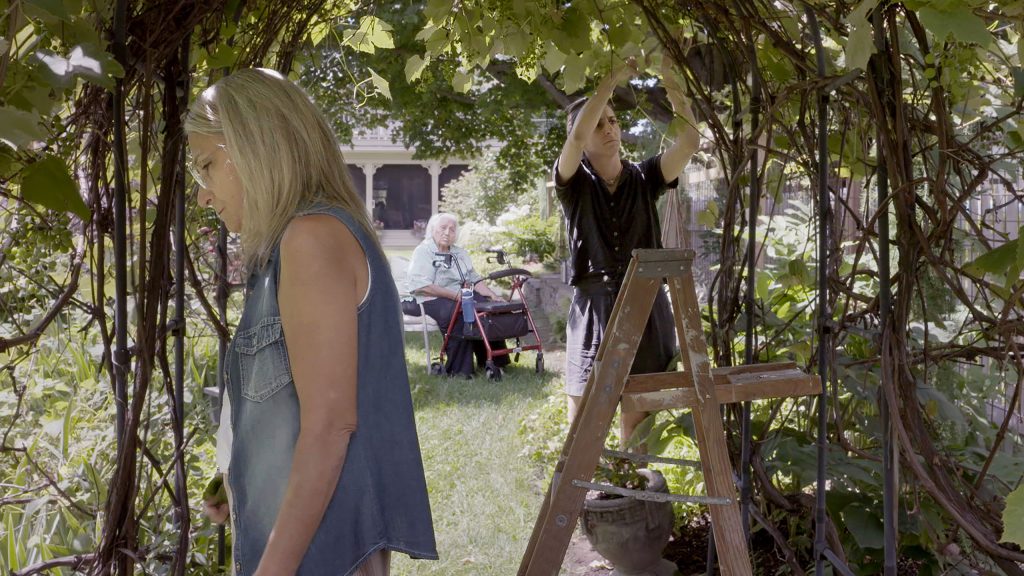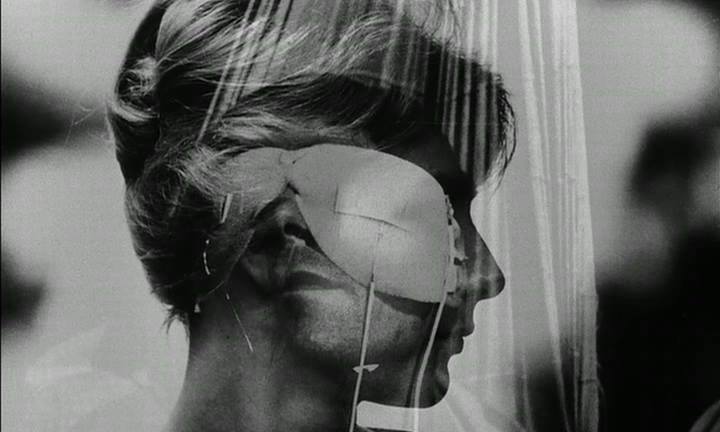Joonam (2023) ‘Sundance’ Review: It’s become increasingly common for filmmakers to create self-reflexive documentation of their formative years. While some use a more traditional blend of fiction and reality to tell universally relatable stories, others do so through the powerful nature of documentaries. At a time when the world is facing an uncertain and deeply complex global order, it is more important than ever for these stories to speak the harsh truth about our times’ injustices and suffering.
How much can your mother tongue reflect your fractured sense of place and culture? How difficult is it to come to terms with that truth? And how do you capitalize on the opportunity to bring two different cultures together when the odds are stacked against you? Sierra Urich’s directorial debut, “Joonam,” which is currently screening at Sundance, represents her personal quest to connect with Iran’s rich heritage. Unlike her mother and grandmother, Urich was not born in the country. But she was troubled by the repressive waves from across borders as she tried to make sense of the subtle xenophobia thrown at her.
More than her mother, Urich is more interested in her grandmother’s experiences as a preteen bride. By attending lectures on learning how to speak Farsi even while cooking, she earnestly attempts to bridge the barriers of language and culture. The filmmaker poignantly reflects on the experiences of the Iranian diasporic community in a way that feels both contemplative and resounding by drawing on the disjointed yet provocative memories of her family legacy. By the film’s end, the kitchen itself becomes a chamber of cathartic release.
The film makes you question something disarming yet relevant enough to consider by juggling between the past and present-day Iran through a deliberately distant lens: Is it true that a rebellion for change always leads to the betterment of society? Is it worth betting that the change will be positive? Following the 1979 Iranian Revolution, millions of young people were forced to deal with the aftermath of the uprising as the country struggled financially under the heavy US sanctions.
What remains of the revolution’s larger goal in this regard? Today, the same people face hybrid authoritarianism, still hoping for the revolution’s promised outcomes of economic, educational, and social progress. As a result, an entire generation awaits not only a secure future but also the chance to reclaim their ‘youthfulness’ – the desire to pursue their interests, individuality, and gender, free from the watchful eyes of their elders as well as moral and political authority.
While there is ample documentation on how this pre-existing desire has exacerbated social tensions across the country, “Joonam” goes a step further in demonstrating how it has spilled across boundaries, permeating through the memories of a generation that continues to suffer from their fractured identity. But that isn’t what makes the documentary work. Instead, the film’s careful distinction and acknowledgment of standing apart from self-loathing guilt drive home the message.

Urich also has a close relationship with her charming grandmother, who tells her stories of marrying at a young age. She speaks only a little English, and Urich speaks a little Farsi. From the perspective of her mother and grandmother, the loss of land and home gradually awakens a personal calling within her. There’s some really effective cross-cutting that juxtaposes her grandmother’s tales of hardship and horror with long wide shots of silence against barren landscapes with rain pouring down. For an immigrant who does not understand Farsi, the experience of watching the majority of the film in the language may help project their own experience growing up and coming to terms with their identity.
Urich, who grew up in rural corners of Vermont, explores her quest not just by acknowledging her rights as a woman in a free country. She is curious about Iranian culture and asks people in Iran to show her around via video calls. Midway through her Farsi speaking lessons, an American tutor informs her that he will have to discontinue teaching due to the rumored possibility of her family having some vague connections with the Iranian military. The scenes are presented with enough restraint that the xenophobia appears to be played out casually across the country. Sierra Urich’s “Joonam” reflects the experience of the Iranian diasporic community through three generations of women, powerfully enough to speak to anyone affected by the displacement that inevitably comes with immigration.


![Walk With Me [2019]: ‘NYAFF’ Review – A shabby horror-show](https://79468c92.delivery.rocketcdn.me/wp-content/uploads/2019/07/Walk-With-Me-highonfilms-768x432.jpg)
![Newness Netflix [2017] Review – Millennials Understanding How Relationships Work](https://79468c92.delivery.rocketcdn.me/wp-content/uploads/2019/07/Newness-Netflix1-high-on-films-768x321.jpg)

![Sing Street [2016]: Finding the voice!](https://79468c92.delivery.rocketcdn.me/wp-content/uploads/2016/07/SING-STREET-768x419.jpg)
